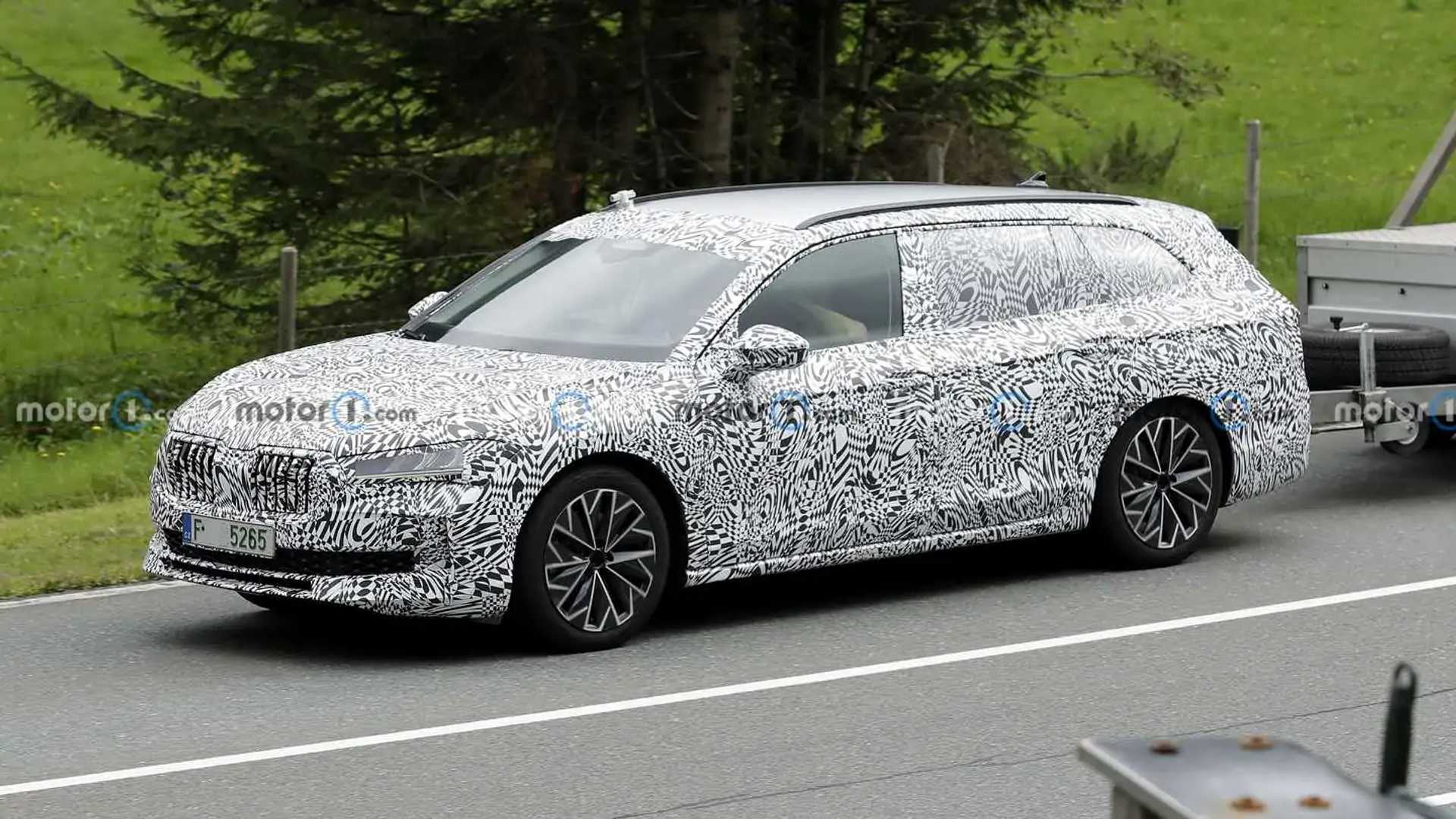
Every other announcement from the Volkswagen Group might be about electric vehicles, but the German automotive conglomerate won't be abandoning internal combustion engines in the near future. A new press release from Skoda proudly reveals the Czech marque has been tasked to develop the Group's smaller engines. Specifically, the EA211 series of three- and four-cylinder gasoline units used in no fewer than 50 model lines of seven brands part of the VW empire.
The Mladá Boleslav-based automaker is actually hiring nearly 150 employees for its technical development department to work on internal combustion engines. The goal is to develop more powerful small engines that will generate lower emissions. Speaking of which, parent company VW wants the European Commission to delay the implementation of Euro 7 regulations in the EU, citing high costs to make engines compliant.
2023 Skoda Superb spy photos







The VW Group's EA211 engine has been around since 2011 and is currently available in a multitude of configurations, kicking off with a naturally aspirated 1.0 MPI for the cheapest cars. Up next is its TSI turbocharged sibling, also with only three cylinders. Then there's a 1.4 TSI four-pot in the plug-in hybrids and the 1.5 TSI. Depending on the engine variant, the output ranges from 64 to 154 horsepower (48 to 115 kilowatts).
Expect the four-cylinder EA211 to power the next-generation Volkswagen Passat, which has been developed by Skoda and will be offered exclusively as a wagon. The official reveal is happening soon considering deliveries to customers will kick off in September. It will be made in Bratislava, Slovakia alongside its sister model, the new Superb. Coming by year's end, the latter will be sold once again as both a liftback and wagon. Both will ride on an updated MQB platform and compete in a rarified mainstream midsize segment as the Ford Mondeo and Opel Insignia have gone away.
The EA211 is offered globally, including outside of the European Union where emissions regulations are not as strict. Skoda says it will continue the development of both naturally aspirated and turbocharged versions, promising to cut fuel consumption and make these engines run cleaner. In some markets, these engines run on compressed natural gas (CNG) or ethanol and are also available in mild-hybrid models.







